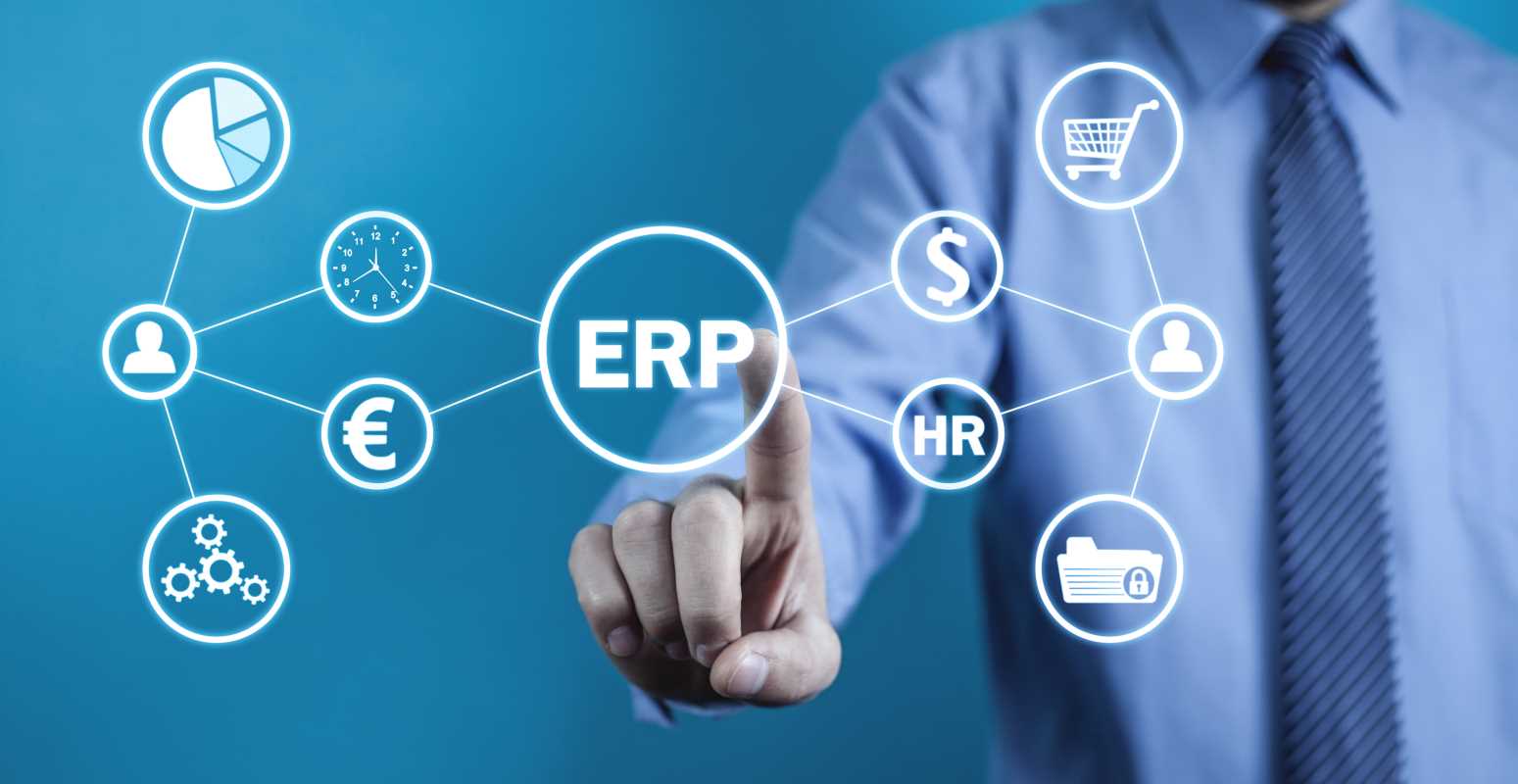Growing a business is exciting, but it can also come with its fair share of challenges. Managing finances, tracking inventory, handling customer relationships, and streamlining operations can start to feel like juggling more balls than you have hands. That’s where ERP software, or Enterprise Resource Planning software, comes in handy.
ERP software is like the central nervous system of your business. It connects all the key areas of your operations, like accounting, human resources, and production, into one seamless system. Instead of jumping between different tools and software programs, an ERP system lets you manage everything in one place. This makes scaling up much more manageable and helps avoid the chaos that can come with growth.
If you’re wondering which ERP solutions might be the best fit for your business, you’re in the right place. This article will break down the key benefits of ERP systems, what to look for when choosing one, and highlight some of the best options available today.
Why Growing Businesses Need ERP Software
Expanding a business often means handling more customers, more transactions, and more moving parts. Without the right tools to manage this growth, it’s easy for things to fall through the cracks. Here’s why investing in ERP software is so important for scaling businesses.
Streamline Operations
When your business is small, it’s not hard to manage tasks manually or with basic tools like spreadsheets. But as you grow, this approach can get messy fast. ERP software automates many of the repetitive tasks, like generating invoices or tracking inventory levels. This saves you time and reduces the chance of human error.
Centralized Data
Imagine having all your business data in one place. From sales reports to payroll details, ERP software lets you access everything you need without hunting through multiple systems. This isn’t just convenient; it also helps you make better, data-driven decisions.
Support Collaboration
Whether your team is working in one office or spread out across multiple locations, ERP software keeps everyone on the same page. Most systems include tools for communication and collaboration, so your team can work together more effectively.
Prepare for Growth
Scaling your business often means dealing with more complexity, but ERP systems are built to grow with you. You can usually add new features or expand your system as your needs evolve, making it an investment that pays off over the long haul.
Features to Look for in ERP Software
Before we jump into the top ERP software options, it’s worth thinking about what to look for in a system. Not all ERP tools are created equal, and the best choice for you will depend on your business’s size, industry, and specific needs. Here are some features to keep an eye on.
Usability
If your team finds the software difficult to use, they won’t use it. Look for systems with clean, modern interfaces and clear instructions. Many ERP companies also offer customer support and training to help you hit the ground running.
Customization
No two businesses are exactly alike, so it’s important that your ERP system can adapt to your workflows. Look for a platform that allows some level of customization, whether that’s adding new modules or adjusting the system to match your internal processes.
Scalability
Is the software designed for long-term growth? Some systems work well for small businesses but struggle to handle the complexities of a larger operation. Make sure the ERP software can grow with your business.
Integration
Your ERP system should play nicely with other tools you’re already using, like accounting software or project management tools. Many top ERP systems offer ready-made integrations, saving you the headache of manual data entry.
1. NetSuite by Oracle
NetSuite is one of the most well-known ERP systems and for good reason. It’s a cloud-based solution that can handle everything from financial management to CRM (Customer Relationship Management).
- Why It’s Great: NetSuite offers a ton of flexibility and is designed for businesses of all sizes. It’s especially useful for companies with multiple locations, as it works seamlessly across different offices or time zones.
- Best For: Fast-growing and mid-sized businesses that need an all-in-one solution.
2. SAP Business One
SAP Business One is another great choice for scaling companies. It’s designed with small to medium-sized businesses in mind and offers a wide range of features, including finance, sales, and inventory management.
- Why It’s Great: The system is highly customizable, allowing you to tailor it to your industry or specific business needs.
- Best For: Companies that are ready to scale but don’t want the complexity of a large-scale enterprise ERP.
3. Microsoft Dynamics 365
If you love Microsoft tools like Word and Excel, you’ll love how smoothly Microsoft Dynamics 365 fits into your existing workflows. The system is cloud-based, which makes it flexible and easy to access from anywhere.
- Why It’s Great: It integrates easily with other Microsoft products, making setup and day-to-day use much easier.
- Best For: Businesses that are already using Microsoft software and want something familiar.
4. Odoo
Odoo takes a unique approach to ERP with its modular design. Instead of buying one big system, you can pick and choose which features you need, like accounting, project management, or ecommerce.
- Why It’s Great: Its modular approach makes it highly affordable and perfect for businesses that only need a few features to start with.
- Best For: Startups and small businesses looking for a budget-friendly, flexible ERP.
5. Epicor
Epicor is a robust ERP system designed with manufacturers and distributors in mind. From supply chain management to production scheduling, it has all the tools needed to keep your operations running smoothly.
- Why It’s Great: Its industry-specific features are a big plus for businesses in manufacturing or retail.
- Best For: Niche industries with specific operational needs.
6. Acumatica
Acumatica is a cloud-based ERP system that offers full visibility into your business operations. It provides tools for finance, HR, and project management, all in one place.
- Why It’s Great: It’s designed with scalability in mind, offering different tiers based on your business size and needs.
- Best For: Growing companies that want a system they won’t outgrow anytime soon.
7. QuickBooks Enterprise
QuickBooks is a household name for small businesses, and their Enterprise version comes packed with advanced features. It’s great for businesses moving beyond the basics of accounting and into more complex workflows.
- Why It’s Great: The interface is user-friendly and well-suited to small business owners who aren’t math or tech experts.
- Best For: Companies ready to move up from QuickBooks Online or other beginner tools.
8. Workday
Workday is designed for companies that prioritize people. It includes tools for HR, payroll, and finance, making it particularly useful for service-based businesses.
- Why It’s Great: Its mobile-first design helps teams stay connected, even on the go.
- Best For: People-focused businesses, like consulting firms or hospitality groups.
9. Zoho ERP
Zoho is another modular system that allows you to build your own ERP solution. Most of its tools are extremely user-friendly, and they work well for businesses just starting to scale.
- Why It’s Great: It’s cost-effective and easy to integrate with other Zoho products, like Zoho CRM.
- Best For: Small businesses looking for an affordable ERP solution.
10. Sage 300
Sage 300 has been around for decades and is particularly strong in financial management, making it a favorite for companies that need detailed accounting features.
- Why It’s Great: Its robust financial tools help maintain order during periods of rapid growth.
- Best For: Small to medium-sized companies that need advanced financial tracking.
 (Image via
(Image via





